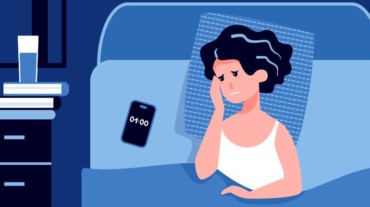
Epilepsy affects each person differently. Epilepsy is a neurological condition that causes a person to have recurrent seizures. How epilepsy affects a person’s life often depends on the type and frequency of the seizures a person is experiencing. The seizures that characterize epilepsy can be frightening and confusing at first, for the person with epilepsy and for his or her family. But learning all you can makes the disorder less mysterious and helps you take control.
A caregiver has a significant influence on the quality of life of the person for whom they are caring. The responsibility to care for the person with epilepsy going through anxiety and stress caused by the unpredictability of seizures, the attitudes of others, and the side effects of seizure medication can be a lot.
It is important to realize they may act out negatively as the result of frustration or anger. Although living with epilepsy can result in personal challenges, it does not have to result in an inability to have a full and rewarding life. Talking reassuringly and staying with the person until they are re-oriented is important. Caring for a loved one with epilepsy takes a lot of strength and courage.
Here are some ways you can increase understanding and empathy as caregivers.
The key to handling any type of seizure is learning more about epilepsy and how it typically behaves in the person you’re caring for. Read as much as you can, talk to doctors and reach out to epilepsy support groups for information that will make you feel more confident as a caregiver.
Regular communication that is clear which encourages and allows the person you care for to open up is important. Listen and be encouraging when they are frustrated with their condition and symptoms. On some days include periods of conversations not related to the condition and treatment to encourage a balance of life and to bring awareness of life outside the diagnosis.

Make note of any circumstances that happen just before a seizure that may be a trigger. This could be stress, lack of sleep, missing a meal, medication, or hormonal changes. Maintain a journal and write down details like the time, duration, behaviour before and after the episode to help in better equipping yourself on what to expect during future seizures and to help manage treatment and catch any co-morbidities early.
Epileptics can do most activities that anyone else can, sometimes with a little extra supervision and support. Encourage the person you are caring for to get engaged in recreation and social activities. You can also get involved with them and make an activity out of it. An activity like painting or taking a walk or even singing together will make a whole lot of difference in their overall wellbeing.
It can be very important to look after yourself and have some time to yourself. Carers often deal with their situation alone and can feel very isolated which would impact their mental health. Take time out for yourself to do the activities you enjoy such as exercising, reading, or going out with friends. By taking care of yourself you will be able to take better care of another.
Select Topics of your interest and let us customize your feed.
PERSONALISE NOW